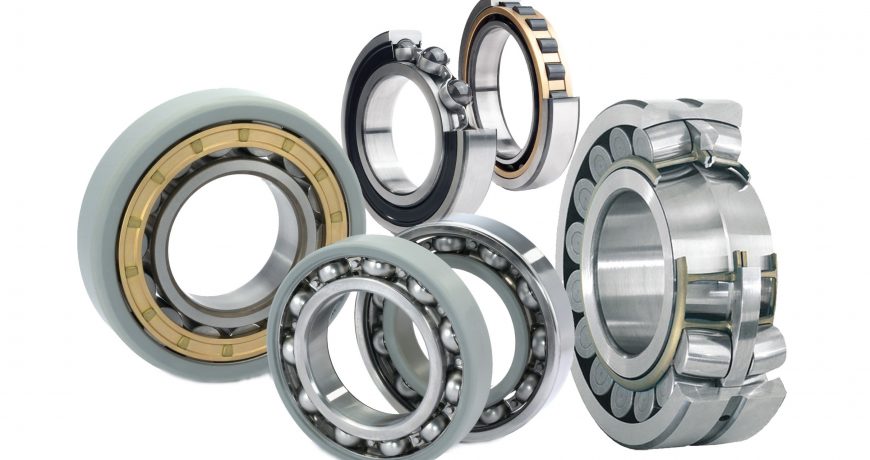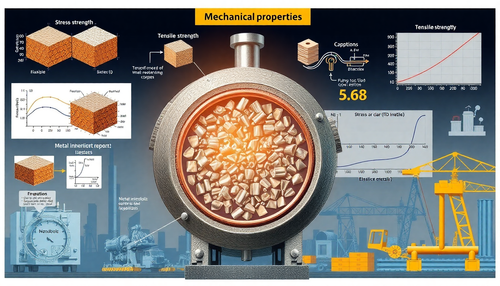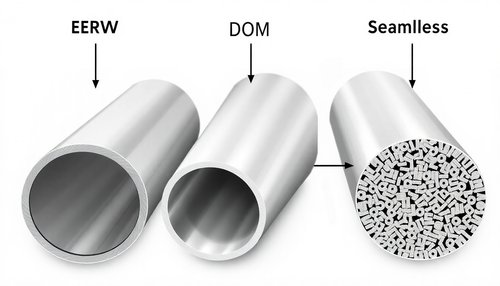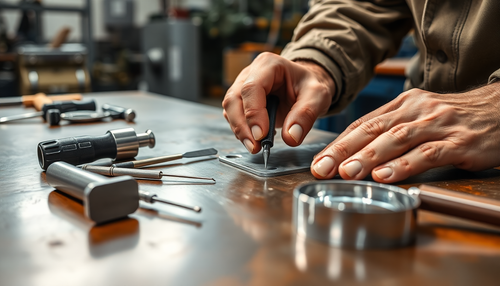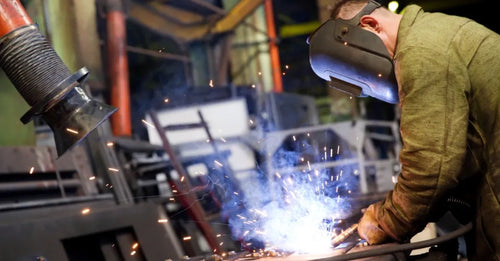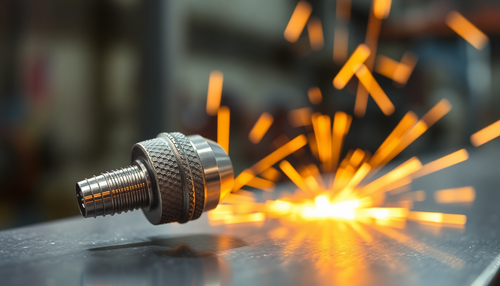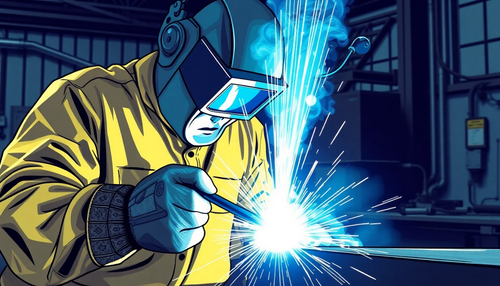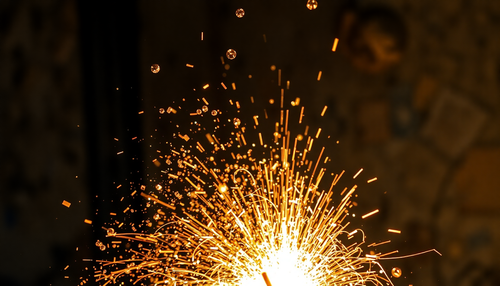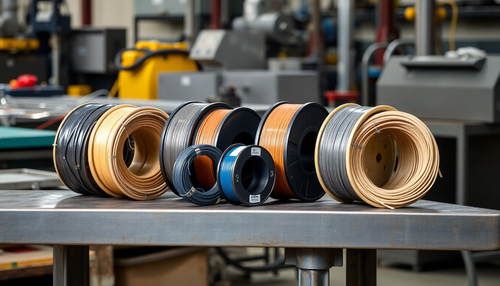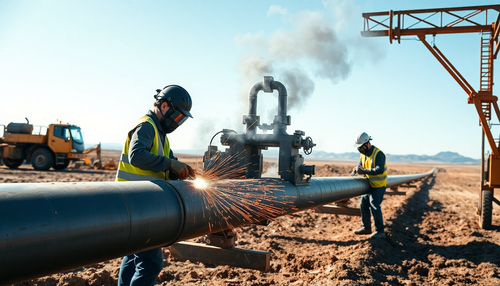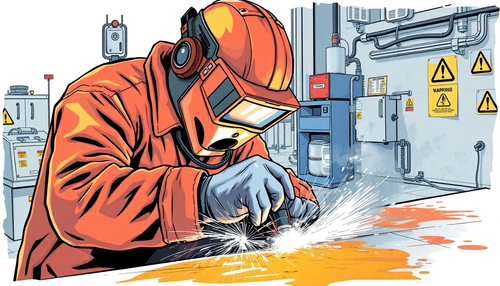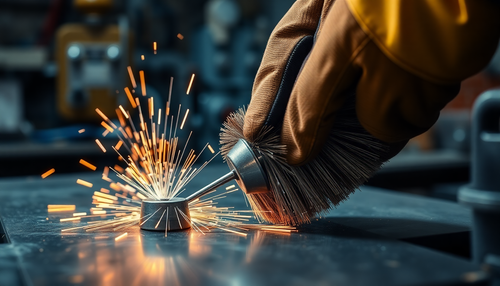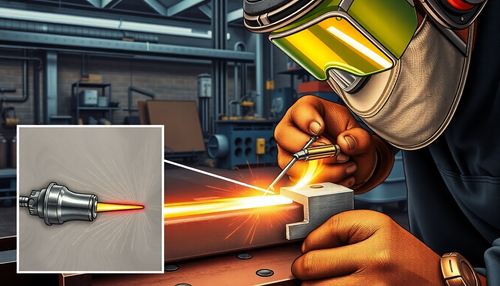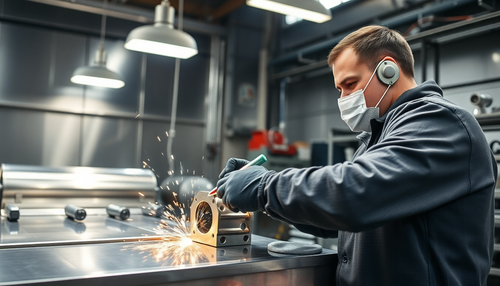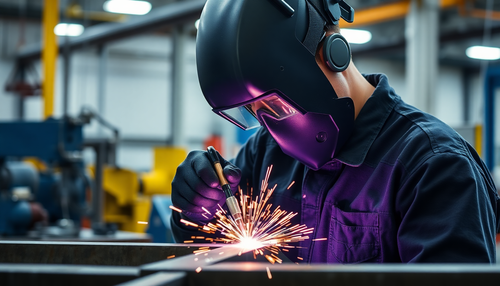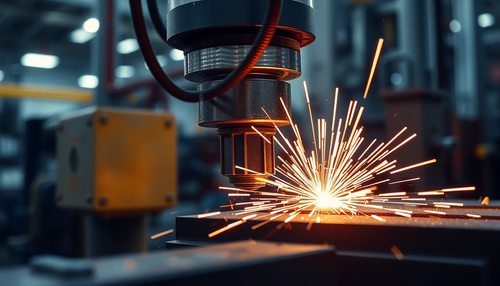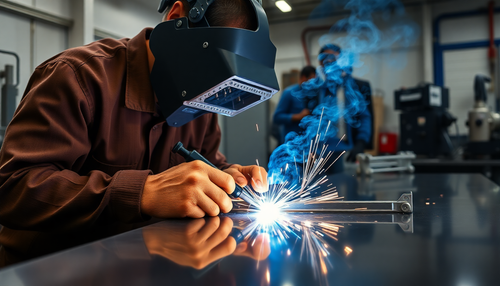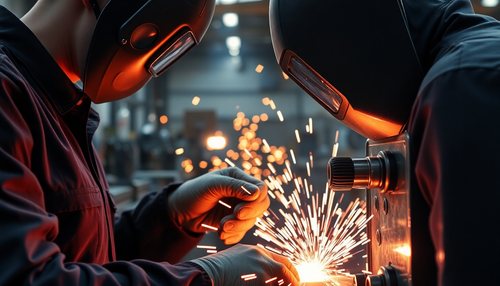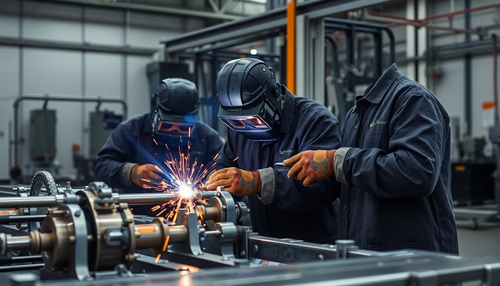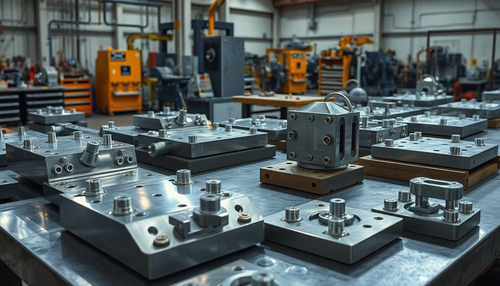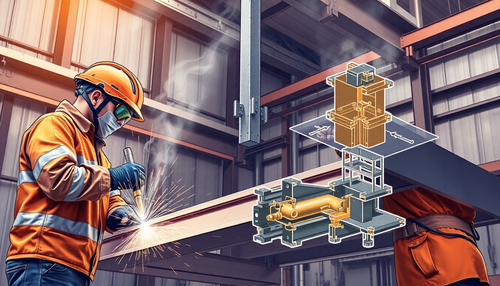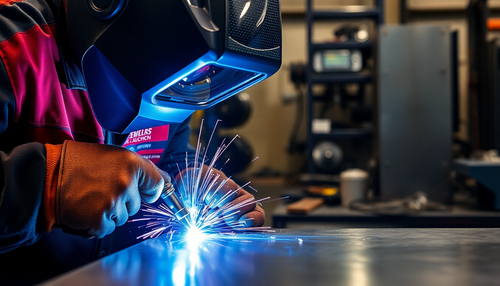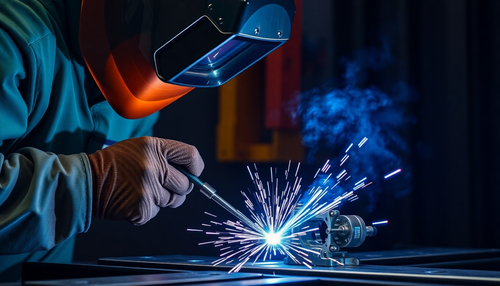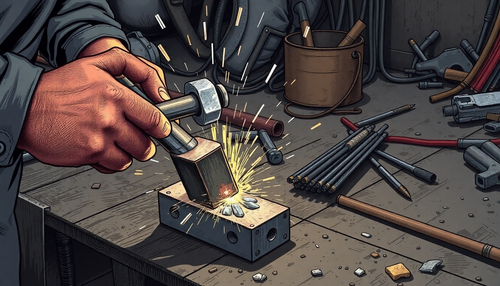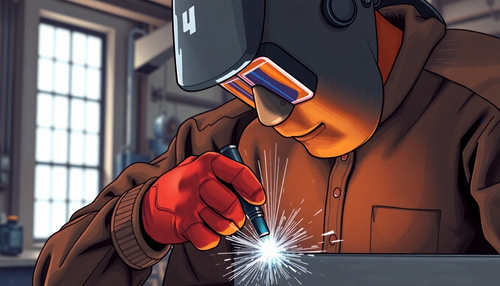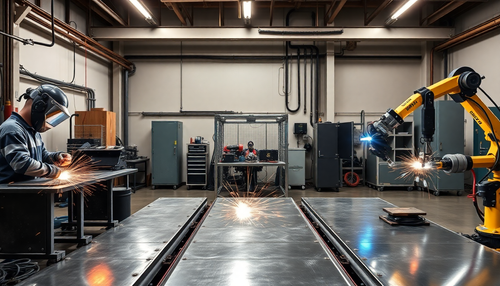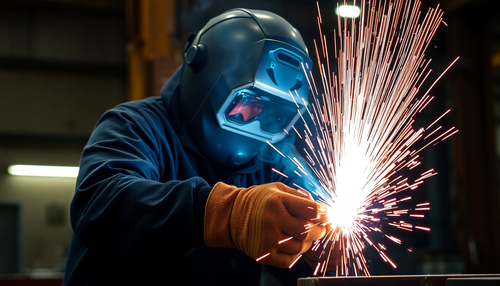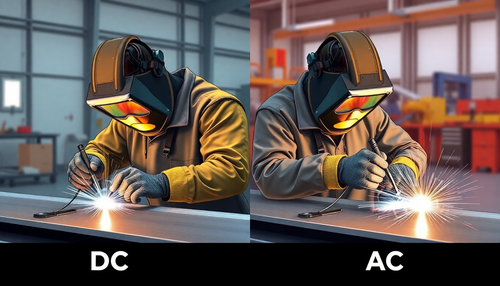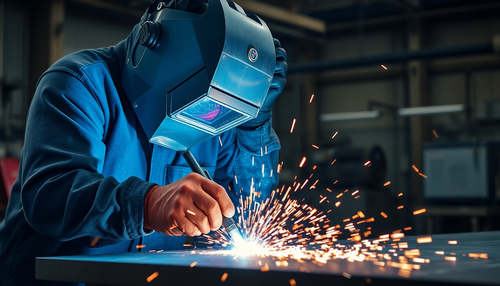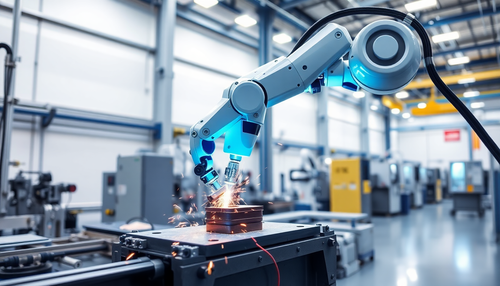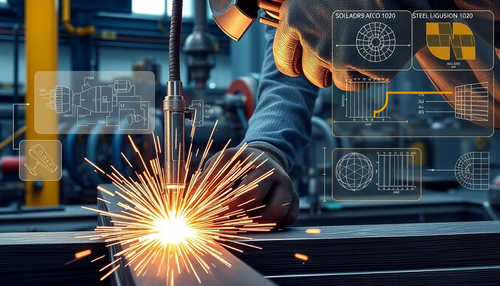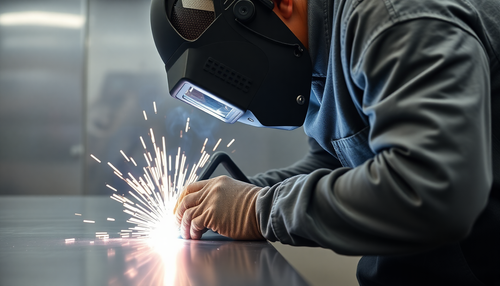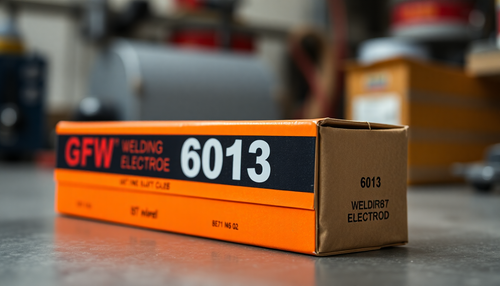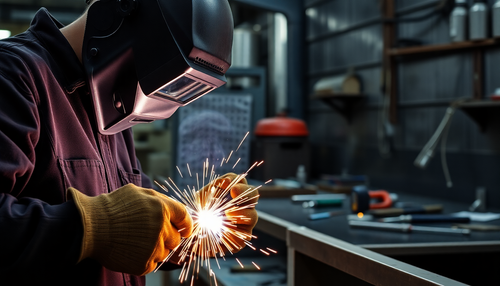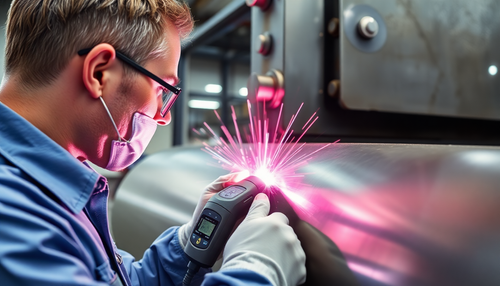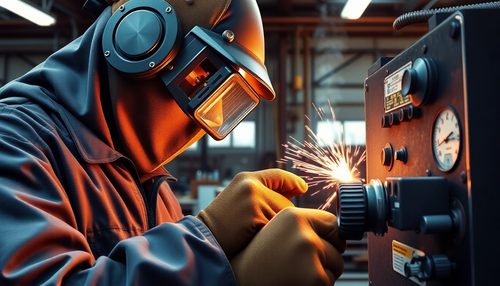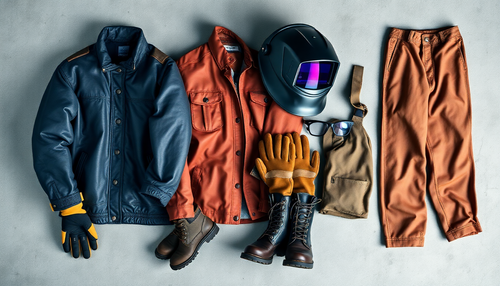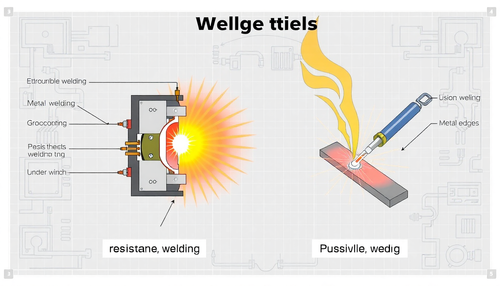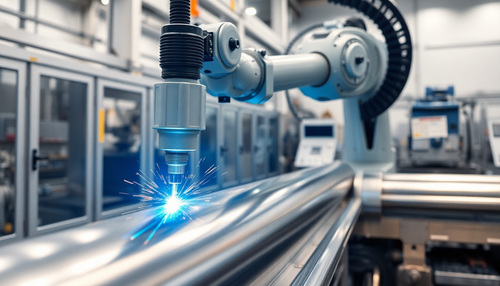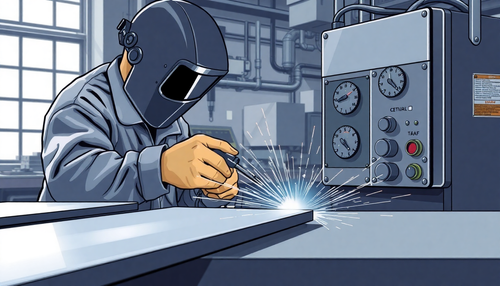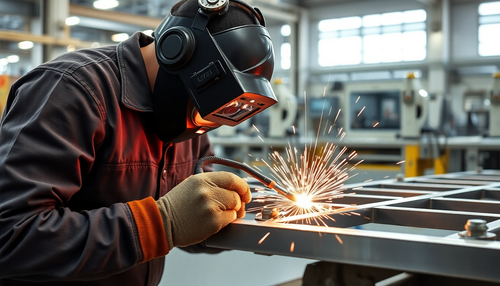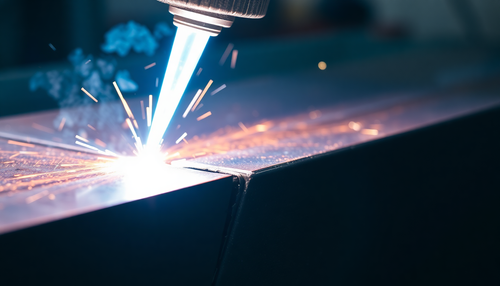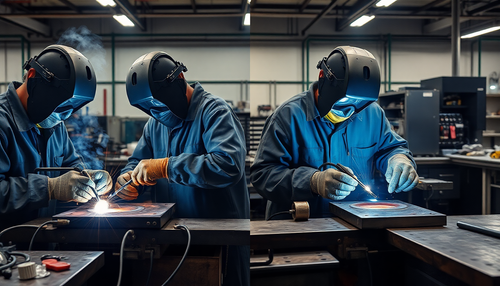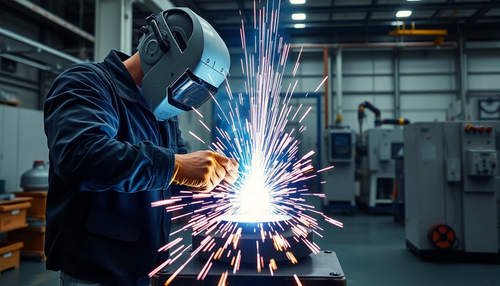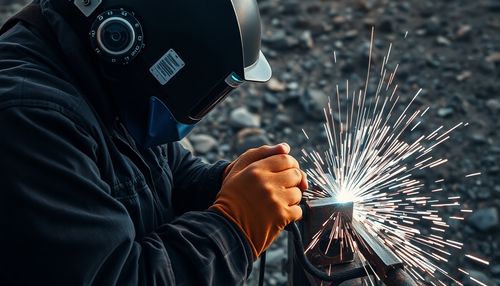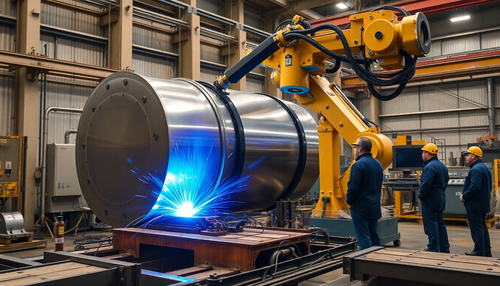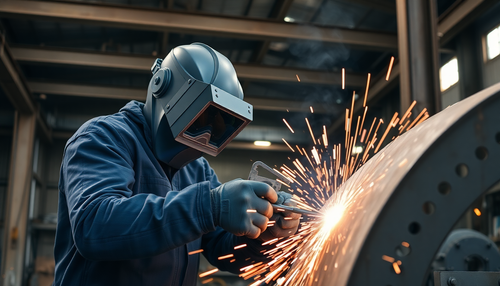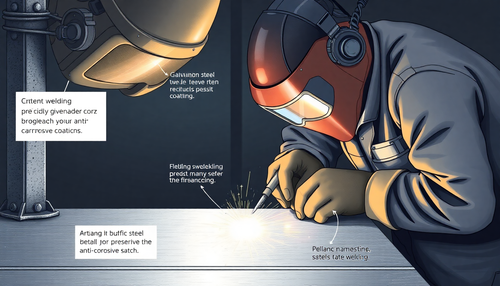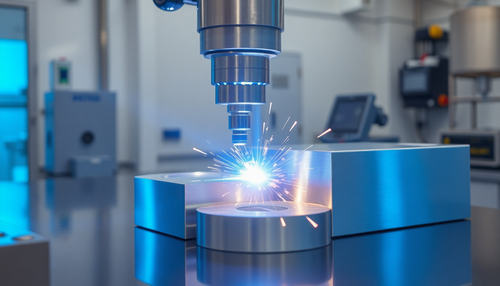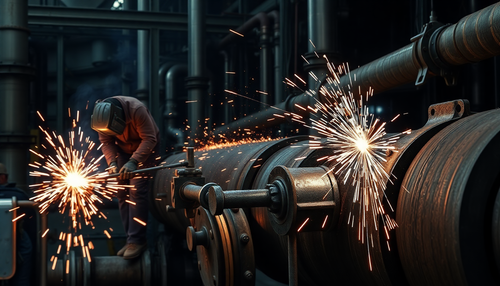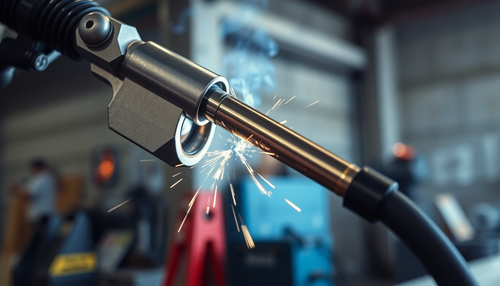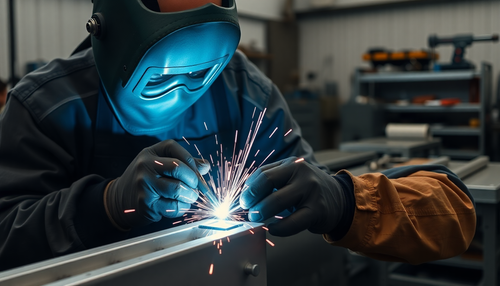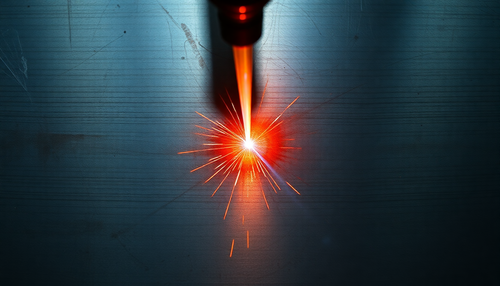
Finding the right bearing for industrial applications is critical to ensuring high-level production, low downtime, safe maintenance schedules and long factory life.
After all, almost every moving part of a machine, be it a car or the factory floor, should have roller bearings and ball bearings installed to reduce friction, smooth motion, reduce automation costs, and improve the longevity of the parts. furniture as a whole.
In an industrial context, we all know how crucial it is to find the right pieces of the puzzle to reduce costs and increase production.
And it's no different when it comes to sourcing bearing suppliers in Singapore; Taking industrial use into consideration, choosing the right bearing components and materials will be a frictionless process.
Without due attention to the adjustment of ball and roller bearings, there is a change to reduced efficiency, unnecessary downtime, increased attention to maintenance, frictional wear on adjacent components, and even equipment seizure.
The different types of bearing materials
With the industrial revolution bringing bearing steel into the picture, there have been considerable developments with various materials since then.
Typically, steel is used as the primary material for roller bearings and ball bearings, both for the rolling component and the rings. However, some industrial instances require other qualities such as greater corrosion resistance, porosity, cost savings, seizure resistance, lightweight materials and long service life.
- See also: Bearing cage internal materials: steel, polyamide or brass?
Therefore, the following bearing materials are chosen based on mechanical processes:
1. Carbon Steel Bearings
Also called “commercial grade,” carbon steel is not stainless steel as it has a carbon element of up to 2.1% by weight. The higher the carbon content, the stronger the bearing. As a result, however, it becomes less ductile, has a lower melting point and is unable to handle large loads or high speeds.
The advantages of using carbon steel bearings include it being the most economical bearing material to use and its hardness.
This type of carbon bearing is commonly seen in tie rods, locks, bicycles, roller skates, and shopping carts.
2. Chrome Steel Bearings
Another type of steel bearing is chrome steel bearing and is one of the most important types of bearing components and materials due to affordable costs, high level of hardness and quieter operating volume. Despite what the name may suggest, a chrome steel bearing has a low level of chromium in the steel compound.
This highlights the advantages of using a chromed steel bearing end with high hardness, high load capacity, low decibels, affordable cost and wide accessibility. However, it requires lubrication maintenance and is not resistant to corrosion or chemicals.
As one of the most purchased bearing suppliers in Singapore and around the world, it has a wide range of industrial applications. For example, vibratory motor systems, food processing machines and linear motion components.
3. Stainless Steel Bearings

The final steel material used to create industrial-grade bearings is stainless steel. The composition has a lower percentage of carbon than carbon steel bearings and a higher amount of chromium than chromium steel bearings.
A stainless steel bearing is highly effective, precise, strong, durable, corrosion resistant, chemical resistant, softer and temperature flexible than most other types of bearings. The only disadvantages would be the heavier composition, the need for lubrication and higher costs.
In this way, the stainless steel bearing can be used in a wide range of industrial applications, including those sensitive to temperature. Examples include food processing, manufacturing, metal plating, instrumentation, high humidity, and highly chemical areas.
4. Ceramic bearings

Ceramic bearings are manufactured to produce a durable, highly corrosion resistant bearing with two ceramic rings and a fluorine resin seal. This material is chosen over stainless steel and its variations due to the non-magnetic requirements of the machinery.
Therefore, the advantages of using a Singapore ceramic ball bearing include: it is high hardness, anti-corrosive, durable, lightweight, resistant to high temperatures, low density and low maintenance as it does not require lubrication.
Industrial applications of ceramic ball bearings frequently occur in aircraft, the dental profession, and food processing machinery.
5. Polymer plastic bearings

There are also many non-metallic materials used to produce ball and roller bearings due to, among other things, their lightweight qualities. Plastics and polymers used in the bearing industry include:
- Nylon
- Silicon nitrate
- Phenolic
- Teflon (PTFE)
- Nitrile rubber
With their porous material, polymer plastic bearings typically feature high temperature ranges and naturally low-friction properties, meaning no lubrication is required. Other benefits of using polymer plastic bearings include resistance to corrosion, chemicals and rust, as well as a lightweight, high-strength body used in a wide variety of industrial machines.
Polymer plastic bearing is often used inside electrical switches, hydraulic turbines, ship drive shafts, household appliances, film production equipment, tools, fabrics, factory applications and more.
6. Hybrid bearings
Finally, hybrid bearings are manufactured with best practices in mind. Using high-strength radial and axial steel for the rings and silicone nitrate for the bearings to produce the rolling elements, it provides electrical insulation.
As such, hybrid bearing types have the advantages of high wear resistance, diverse industrial application scenarios, higher speed capabilities than most, and non-conductive components to temperature rises or RCF.
Cutting-edge scientific and research machines such as cryogenic chambers, aerospace engineering and medical equipment utilize hybrid bearing components and materials.
Choosing the Right Bearing Material for Your Equipment
As a leading bearing supplier in Singapore, our team of experienced engineers are here to help you with advice on the best types of bearings used in your specific equipment or applications. To learn more about which bearing material is best for your machinery, contact the SLS Bearings team below.

